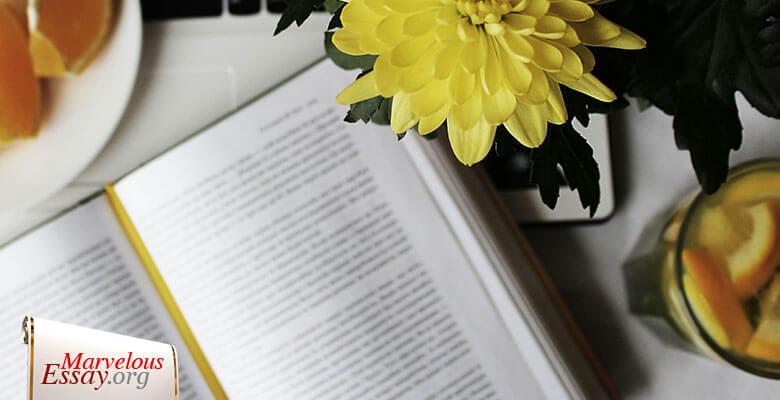
English grammar is relatively easy to understand. Comparing to other languages, particularly Slavic, it has very few peculiarities that are difficult to perceive. However, even in such an unsophisticated language there are a few tricky notions that people do not clearly understand. Recently, British researchers have conducted a poll where 2,000 people were asked to explain apostrophe punctuation peculiarities and eventually, more than a half of the surveyed understand it incorrectly. The thing with the apostrophe is that sometimes what seems as a wrong usage of the possessive is actually the correct variant. This article will help you understand all twists and turns of the trickiest topic in English grammar.
Defining Plural Possessives
To start things off, you should first make it clear what plural possessive really is. In English, when there is more than one of a kind, the word should be used in plural. According to the basic rules of the language, the plural form of a noun is made by adding letter s to the end of a word (however, there are still some exceptions that do not relate to plural possessive issue). Possession means ownership, so if you want to say that something belongs to someone, you use the possessive case. English language is unique, so its grammar rules are distinct as well. If to talk about the possessive case in singular nouns, it is formed by putting apostrophe and a letter s at the end of the singular noun.
- The dog’s toy is lying in the patio.
So, what happens if you have a plural noun that ends with s and the possessive form that should also end with s? Here, you do not need additional letter s and should use just the apostrophe to indicate the ownership.
- The dogs’ toys are lying in the patio.
It can also happen that not only a plural form ends with s but singular as well. In this case, the rule regarding the clashing of two s letters repeats – you do not use the second one in favor of apostrophe.
- The news today announced about another species’ extinction.
With this in mind, English grammar has another way of expression possession. If you meet the ambiguity of two letters s, both in singular and plural, you are recommended to avoid using the apostrophe possession and paraphrase the sentence by using the preposition of.
- The news today announced about another extinction of two species.
- The news today announced about another extinction of the species.
Learning to Avoid Unnecessary Possession
In order for your sentence to sound natural and not turn in a tongue twister, sometimes it is better to omit using plural possession and change the sentence completely. You are not obliged to do this, as the variant with the possessive case and without will be equally correct, but in order to show your professionalism and the mastery of language skills, you should not make your readers suffer from the awkward set of letters in the end of a word. It is quite easy to find out that your sentence needs repair, as it will sound really unappealing:
- The Rodgerses’ garage is bigger than the house.
- The Rodgers family has garage bigger than the house.








